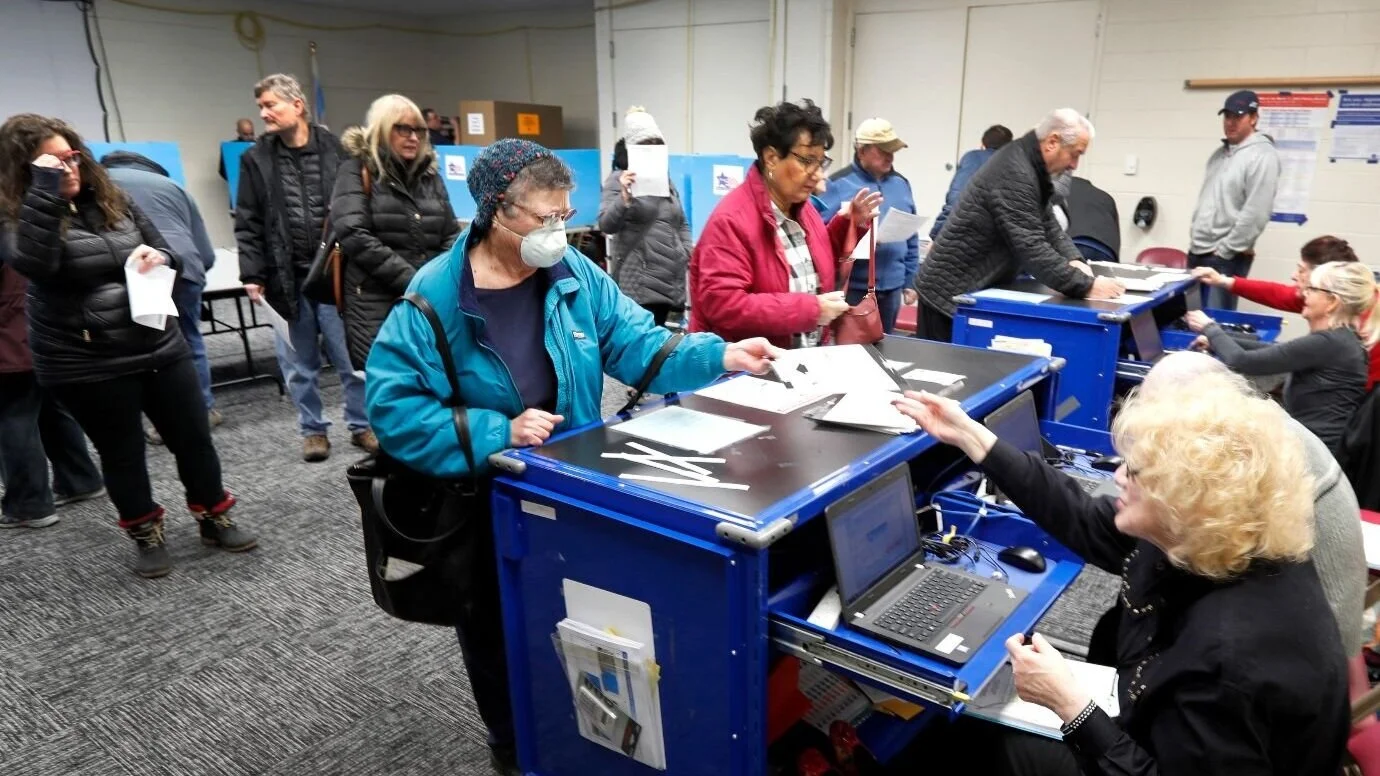Yes, I Told my Dad NOT to Vote
Yesterday marked the first time that my dad didn’t vote in a presidential election since he became a naturalized American citizen in 1982.
Florida, Illinois and Arizona held their presidential primary elections on Tuesday despite calls to postpone them amid the novel coronavirus pandemic. While a record number of voters in Florida mailed in ballots this year, my dad – who immigrated to the U.S. from India in the late ’60s and lives in Florida – has always treasured voting in person. He likes to get up early in the morning and go to the local police station, a few miles from where I grew up. But this year, his choice wasn’t a personal preference. At age 79, he was hospitalized for nearly two weeks this month for a chronic respiratory condition, and he’s at high risk of contracting COVID-19.
“I didn’t think to vote by mail because I didn’t think I wouldn’t be able to drive to a poll,” he told me. “It’s the first time I didn’t exercise my duty as a citizen — and I feel bad.”
Instead, he exercised another kind of civic duty: He stayed home to protect himself and others. A 73-year-old volunteer poll worker in Okeechobee County expressed a similar predicament, saying in a court affidavit that she was forced to stay at home because she’s diabetic, has high blood pressure and didn’t “feel safe” casting her ballot. In the state with the highest number of elderly residents, these stories aren’t unique.
The loss of these votes matters, though, especially since voter suppression is already a huge issue in parts of the U.S. Many people in Florida, Illinois and Arizona have been disenfranchised by state officials’ decision to 1) not postpone primary elections or 2) extend the vote-by-mail option, despite recent CDC guidelines to avoid large gatherings amid a public health crisis that’s closed schools and most businesses.
This resulted in reports of:
the closing of polling stations because hundreds of volunteer poll workers opted to stay home
one station that didn’t have enough Democratic ballots
stations that weren’t provided cleaning supplies to wipe off equipment — a measure that would have protected those who did show up at the polls.
On Monday, several voting rights advocacy groups sued the state of Florida to extend mail-in voting for the next 10 days and postpone the vote count until March 27, so those who weren’t able to vote by Tuesday could still cast a ballot. “With 195 cases of #coronavirus in Florida and 7 deaths in the state, [Florida voters] had the impossible choice of risking their lives or giving up their voice,” tweeted Chiraag Bains, legal strategies director for Demos, the group leading the litigation. “They still want to vote. They should be able to.”
As for my dad, he’s looking forward to fulfilling his civic duty next time around. “I told myself when I first became a citizen that I would never vote based on my own personal gain,” he told me. “It’s not about a better job or house, or more money. It’s how we can elevate all Americans and people around the world.”

